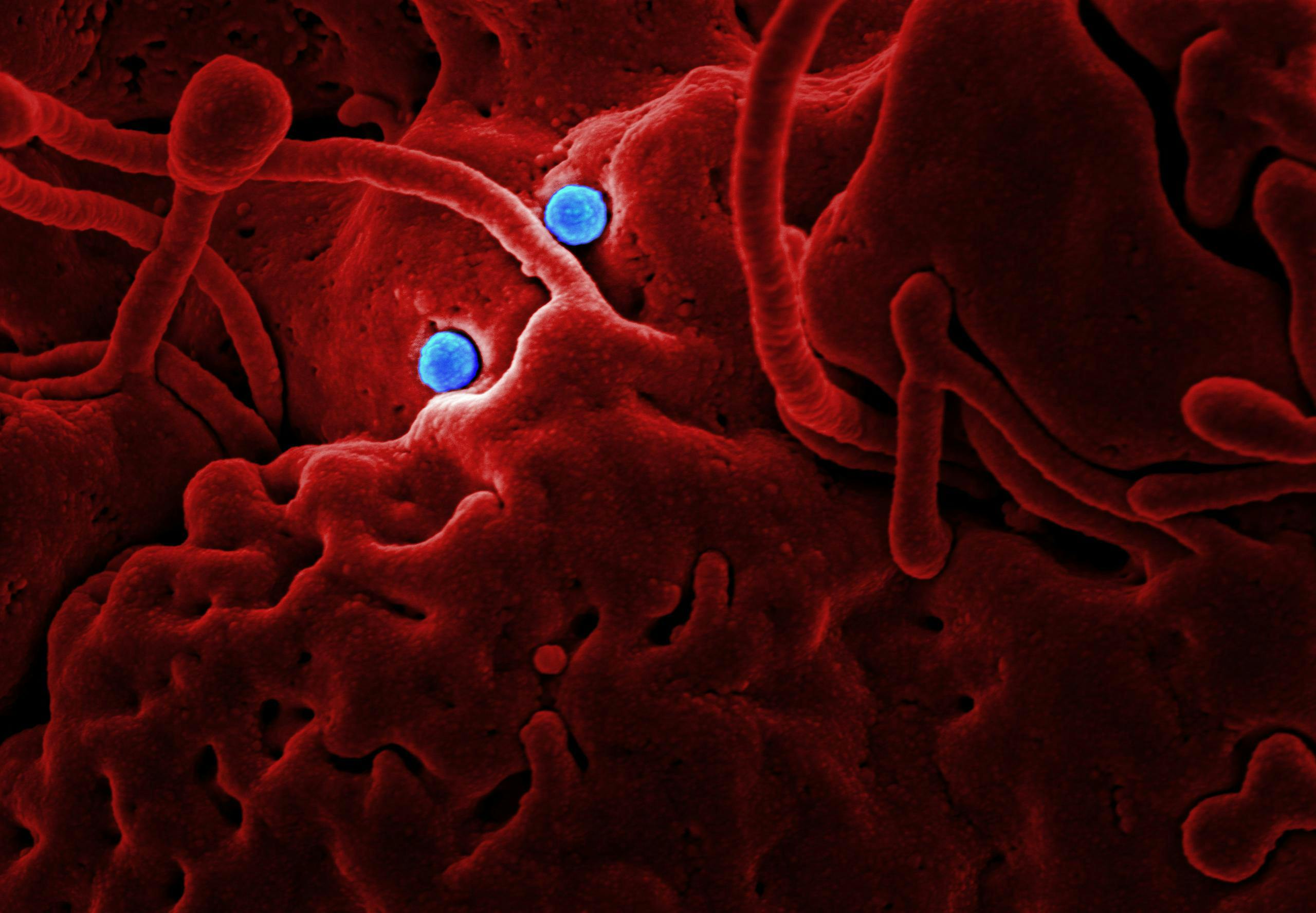What happens first (in emergency):
- Doctors will quickly recognise the condition and give fluids through a drip to help your blood pressure and organs work better. Sometimes, you might also get blood if needed.
- You will be given strong antibiotics right away to fight the infection causing the problem.
- A small tube (cannula) will be put in your vein to give you medicines and fluids.
- A catheter (small tube) might be placed to measure your urine output, so doctors know your kidneys are working well.
- If you don’t get better quickly, you may be moved to the Intensive Care Unit (ICU) for close monitoring and treatment.
You can ask your own question to a licensed healthcare provider here for free. It may take up to 7 days to get an answer. If you want a consultation in minutes, book now with Hope+ our premium and best health consultation service in Uganda.
What happens in Intensive Care:
- If your breathing is weak, you may be helped with a machine that supports your breathing.
- Medicines will be given to help raise your blood pressure and support your heart. These medicines help your body push blood to important organs.
- You might get drugs that improve how well your heart pumps blood.
Other treatments:
- Steroid medicines may be given to reduce inflammation and help your body recover. These will be carefully adjusted over days.
- Blood sugar levels will be monitored and controlled to keep you stable.
- To prevent blood clots (which can be dangerous), you might get injections or tablets that thin your blood safely.
- If your blood is not clotting properly, doctors will give treatments to help fix this and stop bleeding problems.
Septic shock is very serious, but with quick and careful treatment in hospital, many people get better. The healthcare team will watch you closely and give you the right medicines and support to help you recover. If you or your family have any questions about the treatment, don’t hesitate to ask your doctors or nurses.


